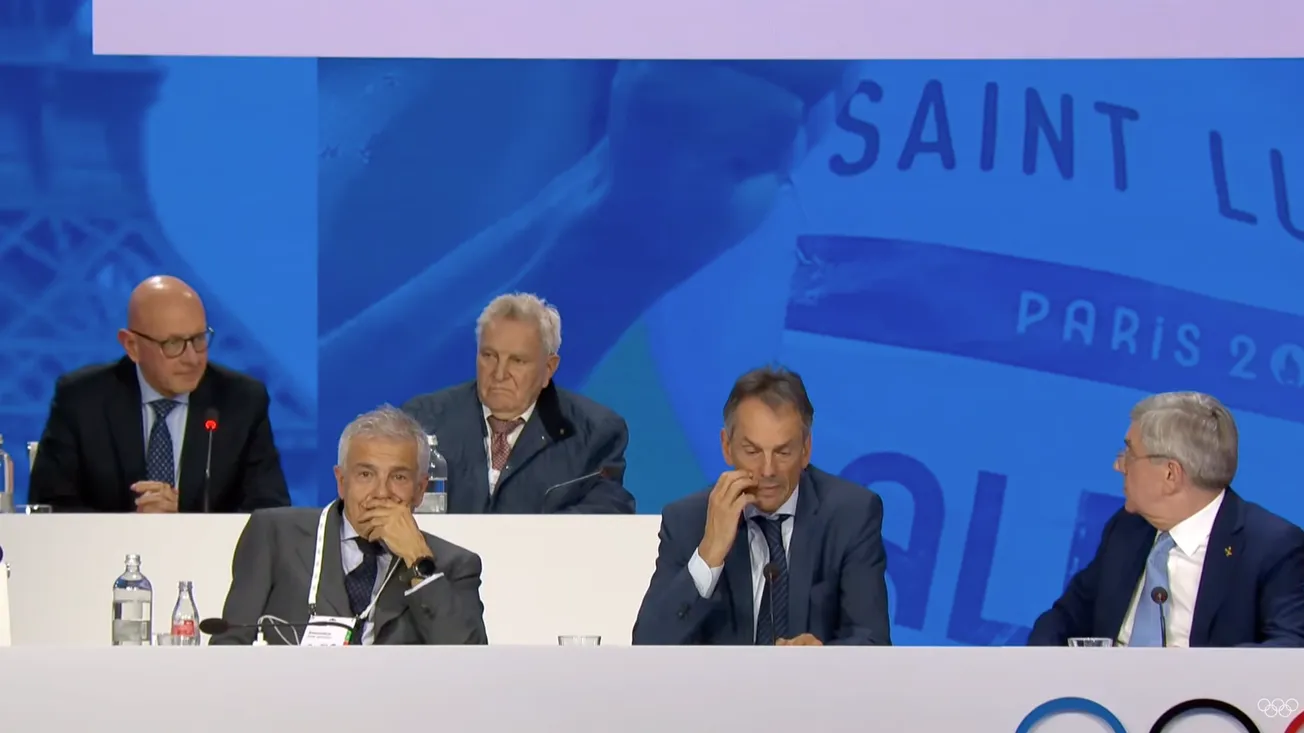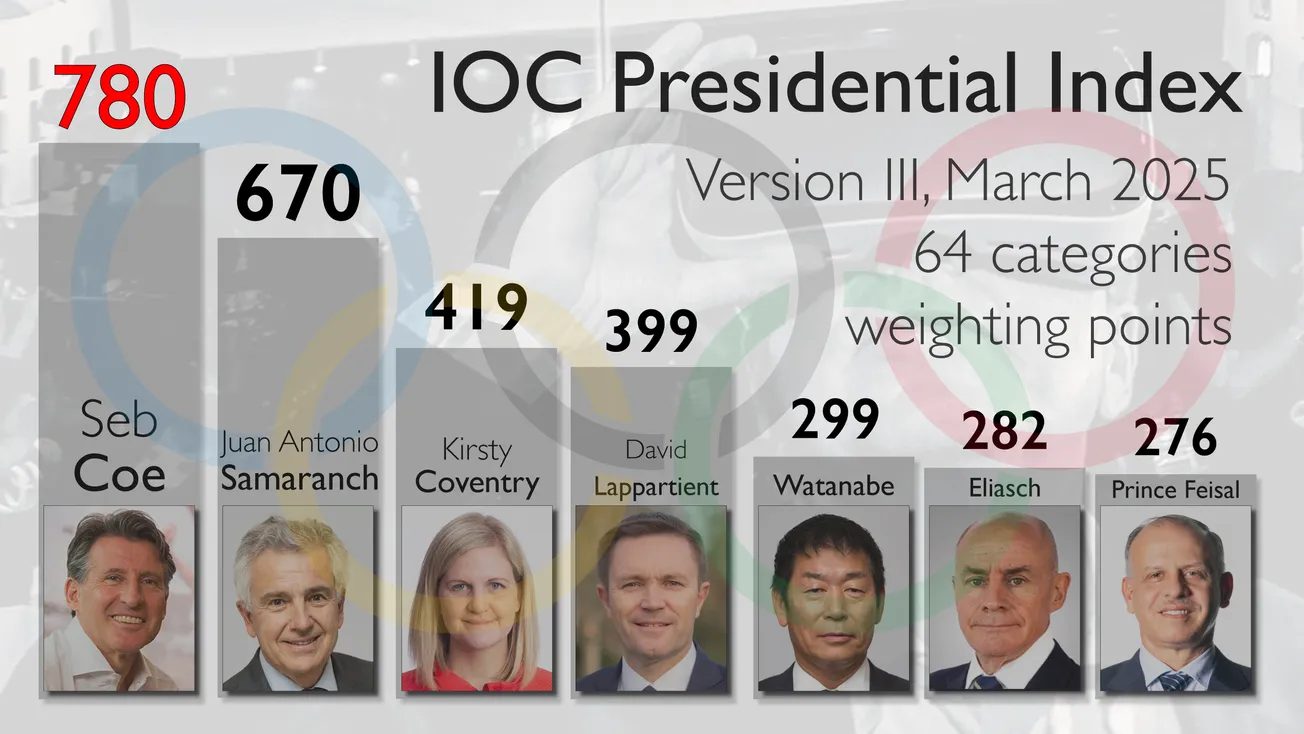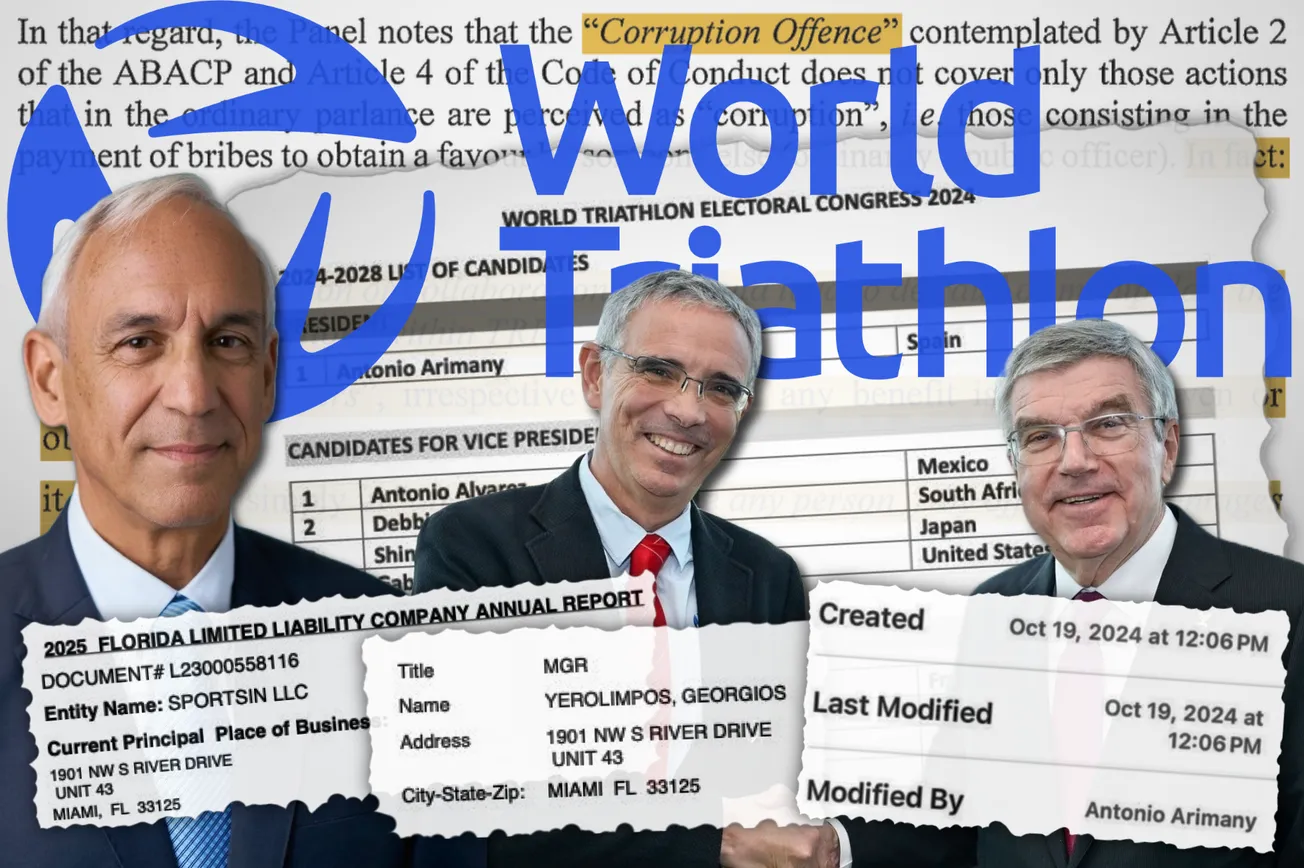Why it is so hard for Olympic sports federations to set age limits? The age rules are defined very differently in the seven Olympic winter sports federations. It is no different among the summer sports federations. Age regulations sometimes differ even within these federations, depending on the sport, discipline, or gender. In the International Skating Union (ISU), a proposal to raise the minimum age in figure skating from fifteen to seventeen years failed most recently in June 2018. Of course, at the ISU congress at the time, the Russians also voted against this proposal.
The International Olympic Committee (IOC) introduced the Youth Olympic Games (YOG) at its 2007 Session in Guatemala. Why are there these global competitions called YOG, when at the same time children participate in – how shall we say: real – Olympic Games? Why is there so little coordination? Why has not even the IOC, as the sole owner of these circus events, reminded us of these Youth Games in the bitter discussions of the past weeks?









